Election 2011 – How should we then vote?
South African citizens have the right to vote. If you have the right to vote, it means that you have the choice to vote, or not to vote. If voting was compulsory, then it would not be a right, but a duty.
During previous elections, about 25% of South Africans decided not to vote. People have done this for various reasons. Some were just too lazy to vote. Some do not believe that voting for a political party will make a difference. Others do not vote as a matter of principle.
The majority of citizens however do vote. Many of these citizens find it difficult to make a choice on who to vote for, because there is such a large number of political parties to choose from, and it takes some effort to work out which party is mostly in line with your personal values.
The organisation “Africa Christian Action” has compiled a voter’s guide that lists the policy of the different political parties on a number of biblical issues.
Homeschooling parents are citizens that believe that education is the responsibility of parents. One of the issues that is listed in the voter’s guide is : “Education: Parent Controlled and for Religious Freedom”. Homeschooling parents that have decided to vote, should therefore seriously consider to vote for a party that believes that education is the responsibility of parents.
Many citizens do not vote, because politicians are not held accountable for what they do. In order to address this issue, an initiative has been launched to help citizens to hold politicians accountable. Click here for more information on this initiative.
Events
Has no connect to show!
Legal & Research
Homeschooling and the law
Home schooling was recognized in 1996 in Section 51 of the SA Schools
+ ViewCentres
Homeschool ABC
Support
Curriculums
Frequently Asked Questions
-
Do I need to be a qualified teacher?
No. Research has found no correlation between the qualification of the parent and the academic performance of the child. Research shows that...
-
Do homeschoolers take holidays?
Yes, they take breaks. Some homeschool families follow the public school year calendar especially if they are involved in sport and music...
-
What is home education or homeschooling?
Home education is the oldest form of education. The school system as we know it is actually fairly new. It is done under the guidance and the...
-
Do home learners get homework?
In general all their schoolwork is homework and they do not get to do extra work in the afternoons. A tutor might give some extra work to complete...

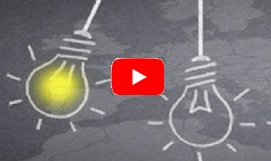




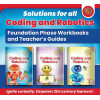



















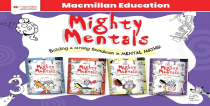



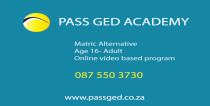
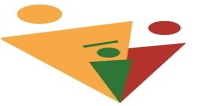

Comments